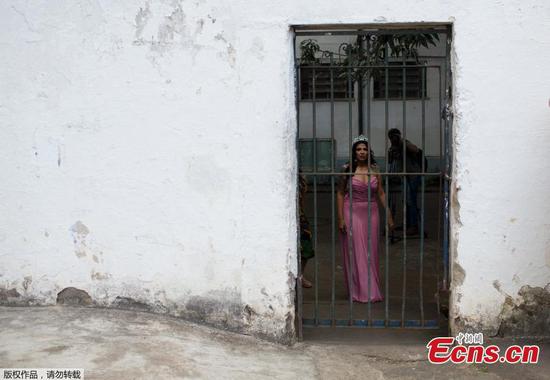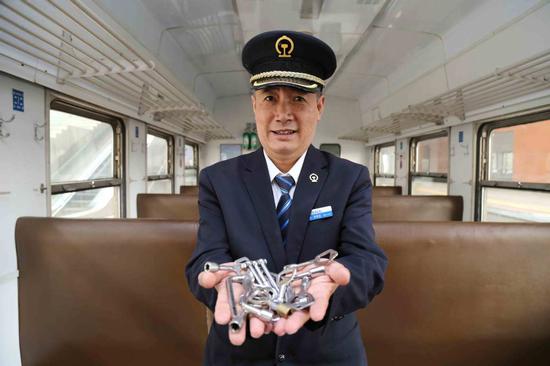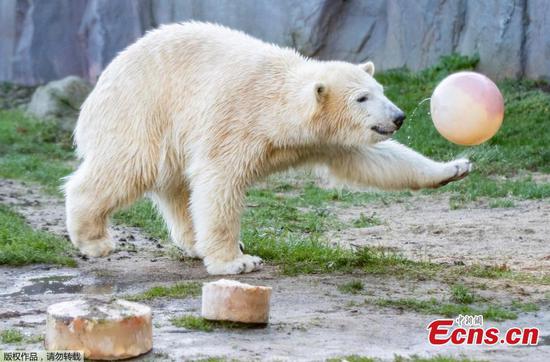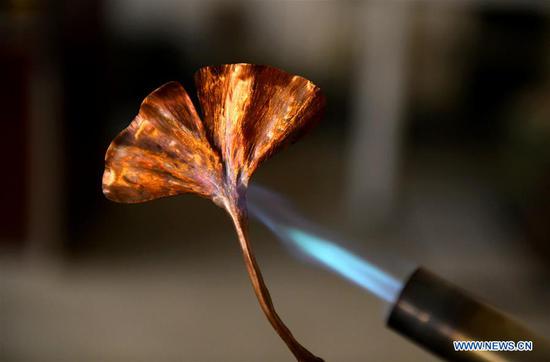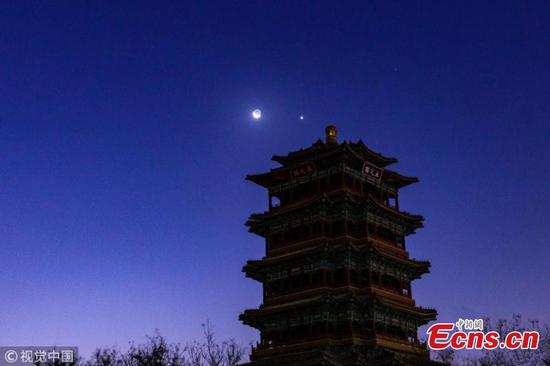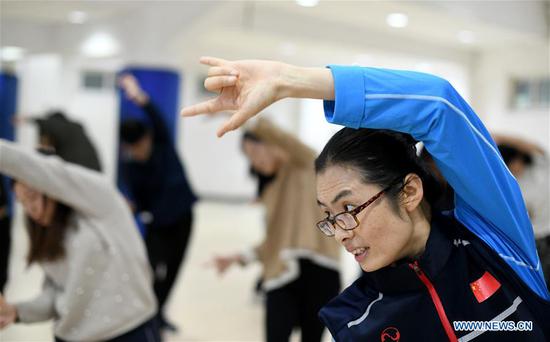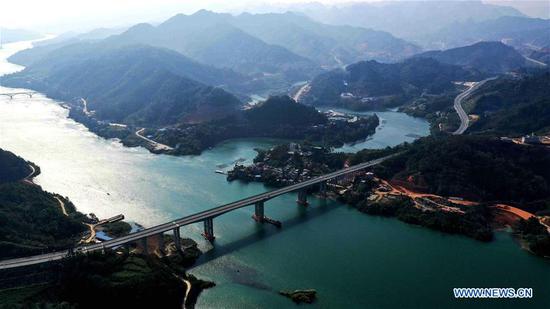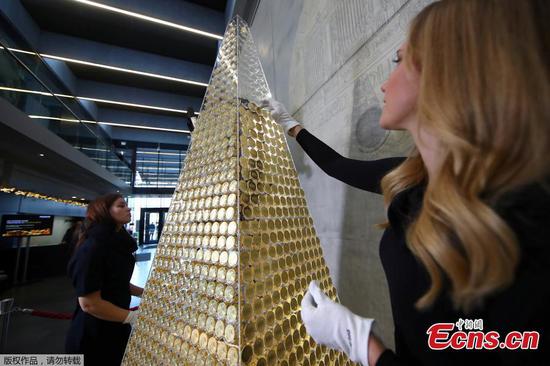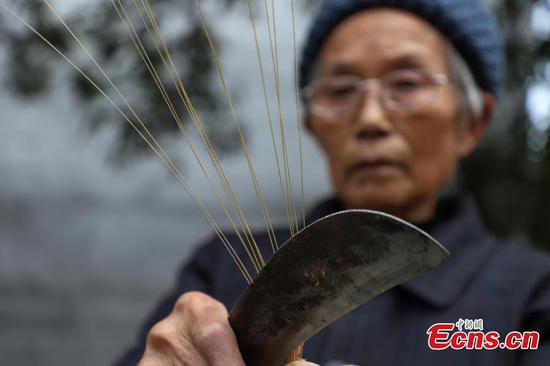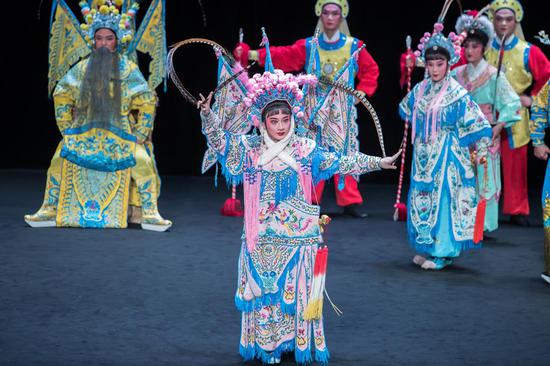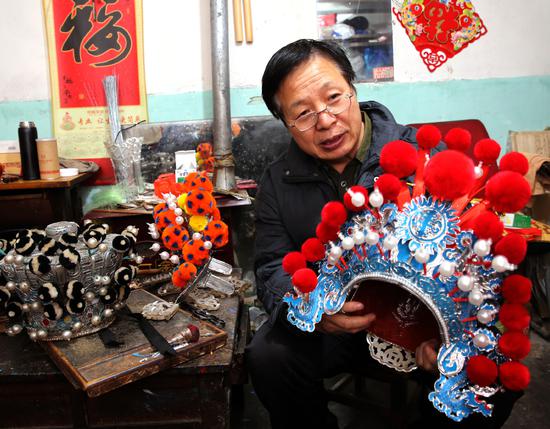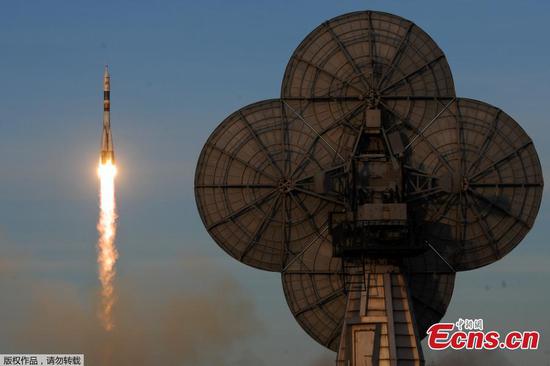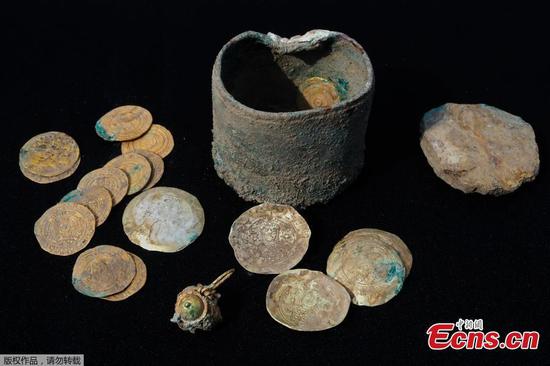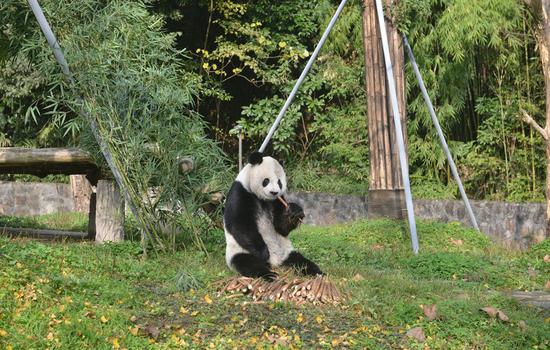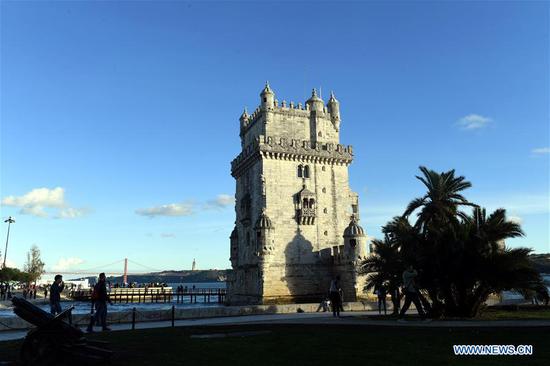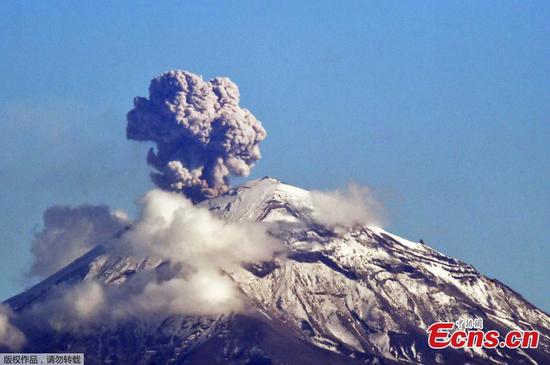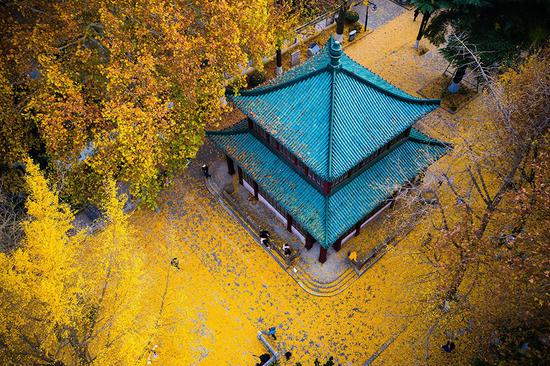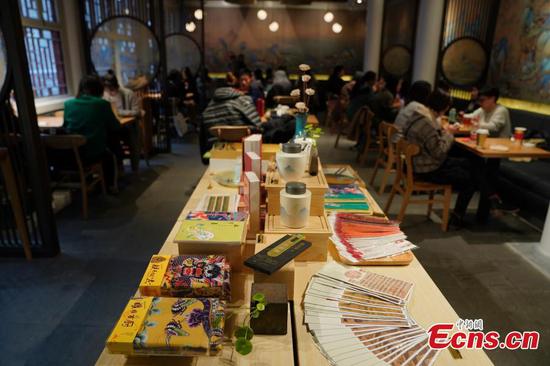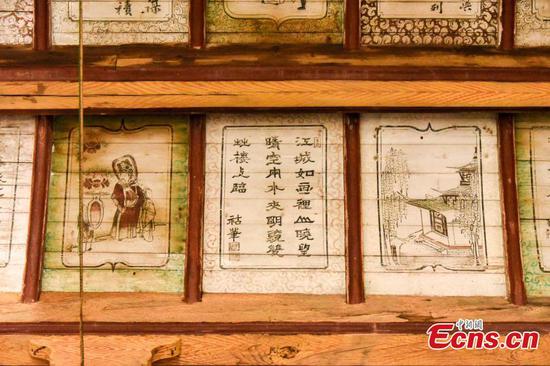Perched in a glass showcase, a wooden hammer has attracted a crowd of viewers at an ongoing exhibition at China's National Museum in the heart of Beijing.
The hammer has brought dramatic changes to Chinese people's lives when back in 2001, it sounded the clang that officially admitted China to the World Trade Organization.
It was a monumental event that had its origin in 1978, when China ushered in the reform and opening-up that transformed the country.
At the exhibition to commemorate the 40th anniversary of the country's reform and opening-up, an area was dedicated to China's opening-up and growing engagement in the world economy.
In 1978, China contributed 3.1 percent to world economic growth. Forty years later, it became a main driver of the global economy, with 31.6 percent of global growth in 2016, and 27.8 percent in 2017, according to China's National Bureau of Statistics (NBS).
China also carried out trials to further open its market to lure more foreign investment, including opening the door to wholly foreign-invested enterprises, reducing taxes, launching pilot free trade zones (FTZs) and implementing negative lists, which are becoming shorter and shorter.
In April, China approved the establishment of its 12th FTZ in the southern island province of Hainan. In June, a new negative list was unveiled for foreign investment in the pilot FTZs, reducing the number of items on the list from 95 to 45.
Foreign direct investment (FDI) in China has continued to grow rapidly in the past four decades. FDI in China was only 920 million U.S. dollars in 1983, but skyrocketed to 131 billion dollars in 2017, NBS data showed.
A section introducing the Belt and Road Initiative showcased how foreign trade had advanced multilateralism and win-win cooperation.
Proposed in 2013, the Belt and Road Initiative envisions a trade and infrastructure network connecting Asia with Europe and Africa.
China's total trade with countries along the Belt and Road in the past five years exceeded 5 trillion dollars, with an annual average growth of 1.1 percent, vice minister of commerce Qian Keming said in August.
During the period, China's combined direct investment in these countries has grown by 7.2 percent annually on average, according to Qian.
"More than 2,000 years ago, China's first envoy to the west has opened up a new era of prosperity on the Euro-Asia continent," Wang Chusha, a museum narrator told visitors.
"The initiative has inherited the spirit of inclusiveness of the ancient Silk Road, and will lead the world to a even brighter future," the narrator said.










